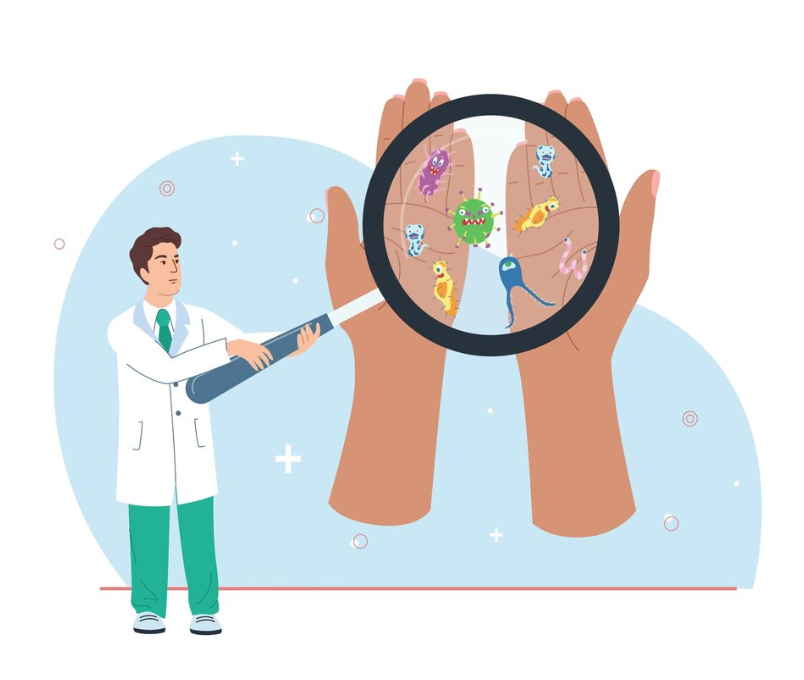
Exploring Different Types of Psoriasis: Plaque, Guttate, Inverse, Pustular, and Erythrodermic
Psoriasis is not just one condition—it comes in various forms, each with its own set of characteristics and symptoms. Understanding the different types of psoriasis can help you recognize the specific type you may have and guide your treatment approach. Let’s explore the five main types of psoriasis:
1. Plaque Psoriasis
Plaque psoriasis is the most common type, characterized by raised, red patches of skin covered with silvery-white scales. These patches, or plaques, can appear anywhere on the body but are often found on the elbows, knees, scalp, and lower back. They can be itchy and sometimes painful.
2. Guttate Psoriasis
Guttate psoriasis often starts in childhood or young adulthood and is characterized by small, red, drop-like lesions that appear on the trunk, limbs, and scalp. This type of psoriasis is usually triggered by bacterial or viral infections, such as strep throat.
3. Inverse Psoriasis
Inverse psoriasis affects skin folds, such as the armpits, groin, under the breasts, and around the genitals. Unlike plaque psoriasis, the patches of inverse psoriasis are smooth and red, and they may be more prone to friction and sweating.
4. Pustular Psoriasis
Pustular psoriasis is characterized by white, pus-filled blisters surrounded by red skin. These blisters can be localized to certain areas of the body (localized pustular psoriasis) or widespread (generalized pustular psoriasis). This type of psoriasis can be painful and may require medical attention.
5. Erythrodermic Psoriasis
Erythrodermic psoriasis is a severe and rare form of psoriasis that affects large areas of the body. It causes widespread redness, severe itching, and shedding of scales. Erythrodermic psoriasis can be life-threatening and requires immediate medical treatment.
Conclusion
Each type of psoriasis presents its own set of challenges, but with proper understanding and management, it is possible to find relief from symptoms and improve quality of life. If you suspect you have psoriasis or are struggling to manage your symptoms, consult a healthcare professional for personalized treatment options.
To seek medical advice, always consult a Doctor. Here are our recommended experts. Click Here
To read more on Psoriasis. Click Here


